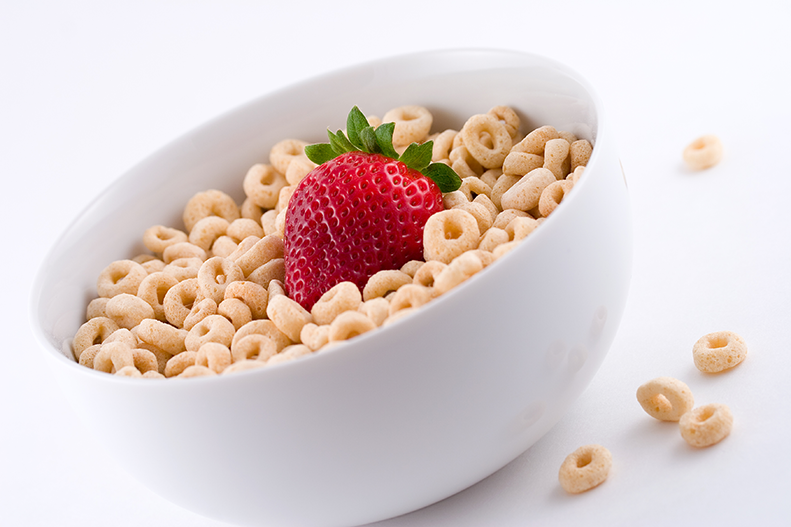Processed foods are foods that have been altered from their natural state either mechanically and/or chemically. Food processing has been recorded throughout history to preserve and keep good foods available and edible for a time when food would be scarce.
Processing can be as minimal as chopping such as with bagged vegetables or roasted nuts. It can be as complex as the addition of preservatives, sugars, salts etc., such as in a frozen ready-to-eat meal.
Types of Processing
- Canning
- Freezing
- Refrigeration
- Dehydration
- Aseptic processing
Never Miss a Beat!
Subscribe to Our HealthBeat Newsletter!
Thank you for subscribing!
You can now select the specific newsletters you'd like to receive.
You are already subscribed.
Subscribe to more newsletters in our email preference center.
Sorry, an error occurred. Please try again later.
Get Healthy Tips Sent to Your Phone!
The Good about Processed Foods
- Many canned and frozen foods are processed at the peak of ripeness.
- Canned and frozen foods fruits and vegetables are comparable in nutrition.
- Bagged and pre-chopped produce is convenient and quicker to prepare.
- They are often fortified with additional vitamins and fiber.
RELATED: Finding Healthy Food Options in Common Foods
Good processed foods
- Low- and non-fat milk
- Whole grain breakfast cereals
- Frozen fruits and vegetables that do not contain sugar, syrup, or sauce
- Dried fruits, oatmeal, and whole grain bread
- Frozen fish and seafood not including fish sticks or breaded varieties
- Canned salmon and tuna
- Roasted nuts and seeds
The Bad about Processed Foods
Highly processed foods usually have many additives that are not good for your health:
- Can be high in sugar and high fructose corn syrup
- Many canned foods such as vegetables and soups are very high in sodium
- Contain many artificial ingredients
- Often are high in refined carbohydrates
- Often are high in fats and trans fats
Processed foods to limit
- Canned items high in salt
- Boxed meals
- Ready-to-eat, shelf-stable meals
- Packaged cakes and cookies
- High-calorie snack foods such as chips and candy
What to Look For — Read the Label
- Look for canned foods that have no salt added
- Look for fruits packed in natural juices or water
- Avoid items that list one of the following as one of the first ingredients:
- Sugar
- High fructose corn syrup
- Salt
- Monosodium glutamatate (MSG)
- Look for hidden trans fat listed as partially hydrogenated vegetable oils
Bottom Line
It’s fine to eat processed foods in moderation. Look at the nutrition facts label and ingredients before you come to the conclusion if a processed food is good or bad.
About Digestive Disorders
UPMC Digestive Health Care cares for a wide range of gastrointestinal (GI) conditions and diseases, from diagnosis to treatment. Whether your digestive condition is common or complicated, our experts can help. Upon referral from your physician, we coordinate your testing and treatment. If you have a complicated condition, we can refer you to one of UPMC’s digestive health centers of excellence. Find a GI doctor near you.
